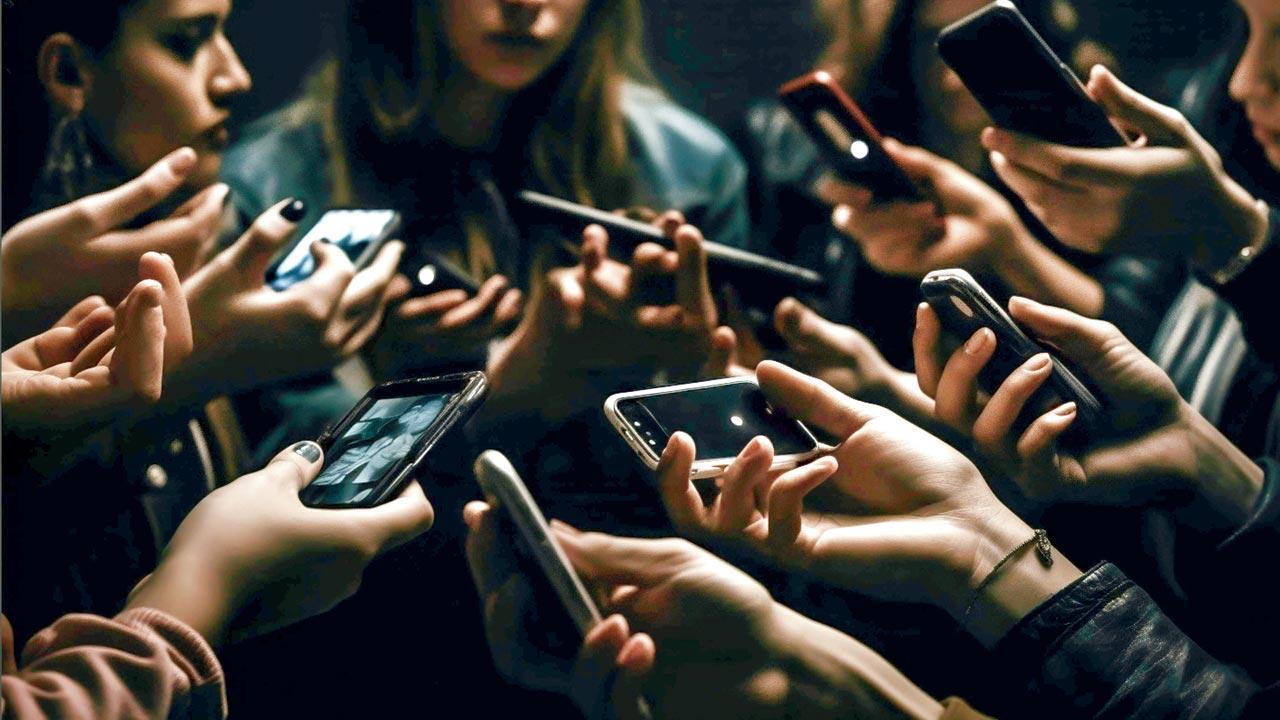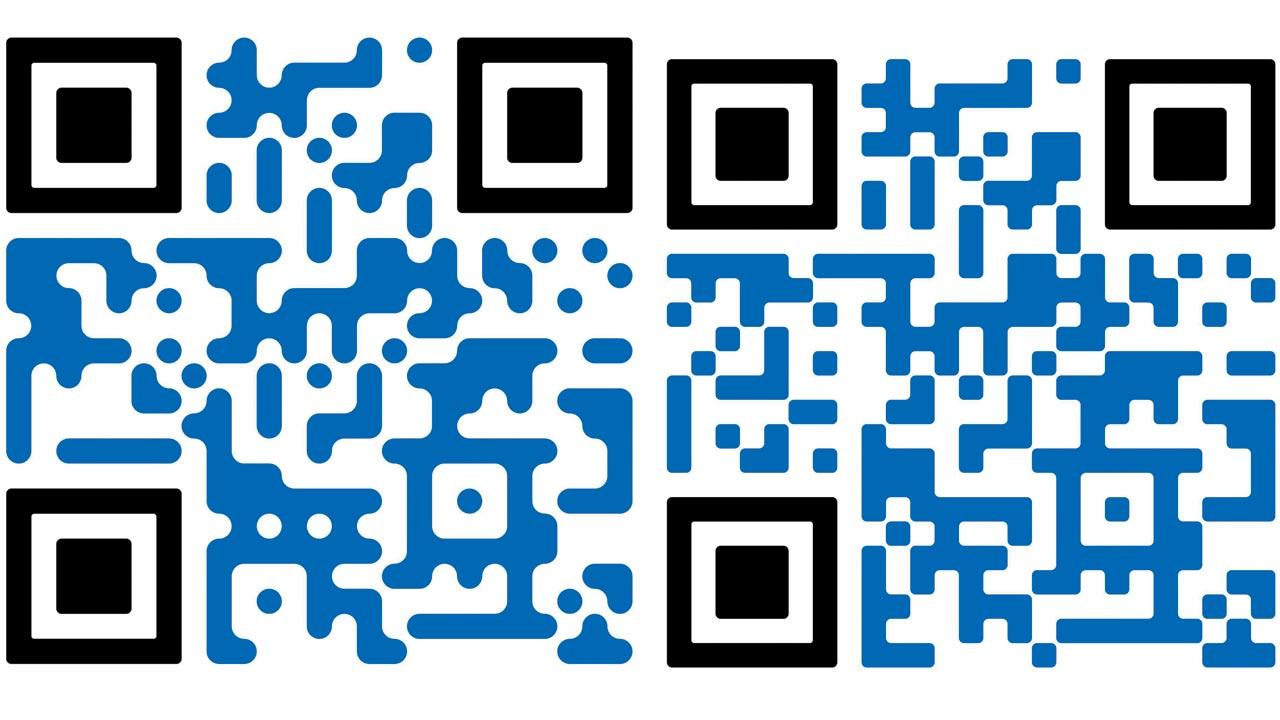In a world where outrage and anger are on tap, and where social media helps disseminate vitriol and lies, how should you deal with a hate attack?

We live in countries where our leaders tell us who we are and who we should hate. We comply, like sheep, and dehumanise those on whose backs our leaders paint a target. Illustration by C Y Gopinath using Midjourney
 Here is a story, not entirely fiction. Mustafa, 40, was in a park in Delhi with his child, only 18 months old. He was a good-looking man, well travelled, and as a UN negotiator had served to help defuse confrontations in conflict areas. He wore a well-trimmed beard and a skull cap.
Here is a story, not entirely fiction. Mustafa, 40, was in a park in Delhi with his child, only 18 months old. He was a good-looking man, well travelled, and as a UN negotiator had served to help defuse confrontations in conflict areas. He wore a well-trimmed beard and a skull cap.
A woman in a jogging suit approached him, walking briskly. She spoke clearly and directly to him.
“You’re a terrorist. All of you are,” she said.
Mustafa knew to remain calm in such situations. He stood up and folded his arms, saying nothing except the single word Okay.
“You blow up buildings, you kill children and mothers,” she said.
“Okay.”
“You kill cows. You insult Hindus.”
“No, madam, I do not kill cows. And Hindus are my friends.”
 Left: The full, chilling story of Ashish Prashar’s encounter with a racist is at this QR code. If you want to know what happened when he put his video out on the social media, please read this. Right: Ashish Prashar’s inspiring TED-x speech on forgiveness and second chances can be viewed at this QR code
Left: The full, chilling story of Ashish Prashar’s encounter with a racist is at this QR code. If you want to know what happened when he put his video out on the social media, please read this. Right: Ashish Prashar’s inspiring TED-x speech on forgiveness and second chances can be viewed at this QR code
Mustafa stood his ground, staying calm and unconfrontational. At one point, he picked up his phone and began filming the woman.
“You should go back to Pakistan,” she shouted. A crowd had gathered. Some cheered, and some began making reels for Instagram. Mustafa picked up his son, and slowly began backing away from this vitriol.
“Stop taking my video, you filth. Give me that camera.”
She was directly in front of him now. His child was whimpering.
“D-don’t touch me, madam,” said Mustafa. “You are scaring my baby.”
“Your baby should die, that would teach you a lesson,” she said, lunging for his camera. “Get the f—- out of my country, you filthy bastard!”
Was this just rudeness, or bad behaviour? Would you say the woman was broadly justified but should have chosen a more private setting for this exchange? Or would you say the man was asking for trouble?
Should she be charged with a hate crime and sentenced to a long jail term?
The conversation above really happened, almost verbatim and quite a bit longer, in a playground in New York. The father involved was Ashish Prashar and the woman who came at him was identified weeks later as Hadasa Bozakkaravani, 48. Seeing the black-and-white Palestinian scarf, called a keffiyeh, that Ashish was wearing, she mistook him for a Muslim. During the aggressive confrontation, she threw things at him, including her cup of hot coffee, nearly scalding the baby.
Ashish is neither Palestinian nor Muslim; he is Punjabi, born in London, and speaks with a British accent. The scarf was a gift from a Palestinian Christian ten years earlier. As a political worker, he has witnessed over and over, the worst and the best of what humans bring to the table.
To read the chilling story of the tsunami of hate that rose when he posted his 47-second video online, follow the QR link on top.
We live in countries where our leaders tell us who we are and who we should hate. We comply, like sheep, and dehumanise those on whose backs our leaders paint a target. In the USA, it is black and brown people, and people of Asian origin. In our great democracy, it is Muslims and, growingly, anyone who is not Hindu by religion.
I have close friends who hold wine glasses at parties and openly state that all Muslims are criminals and should be wiped out. Everyone nods, as though this is axiomatic. Hate is oblivious to reality, facts or reason; it needs a glass of blood. No use pointing out, for example, that Muslims are a mere 14 per cent of India and are not over-running the country. Or that their birth rate has been dropping sharply, down from 4.4 in 1992-93 to 2.4 in 2020, almost at par with the Hindu rate
of 1.9.
When conversation and discussion seem futile, remind yourself that if you stop thinking for yourself, someone else will do it for you. Your government, for example, always stands ready.
What is the best response to blind hate in a time when everyone treats outrage and irrational anger as entitlements? Surprisingly, the answer comes from Ashish’s own life.
In 2011, as part of a team working with the Middle East Peace Envoy, Tony Blair, Ashish watched a reconciliation meeting in Sierra Leone, which was healing from a 10-year civil war. A mother was standing face to face with a child who had been abducted from his family and trained to kill— and had killed her daughter and baby son. Now, as he stood with his head bowed, she was asked by the council what punishment she would consider appropriate for the boy.
Holding her husband’s hand, the woman said, “Our country has lost too many of our children. We’d like the child to be released into our custody, our care, so that we can raise him as our own child.”
In a world where humans are turning bestial, being humane is perhaps the only way to restore humanity.
You can reach C Y Gopinath at cygopi@gmail.com
Send your feedback to mailbag@mid-day.com
The views expressed in this column are the individual’s and don’t represent those of the paper
 Subscribe today by clicking the link and stay updated with the latest news!" Click here!
Subscribe today by clicking the link and stay updated with the latest news!" Click here!








